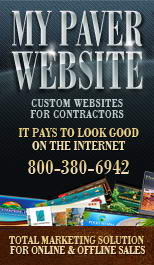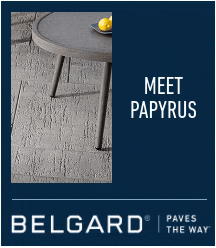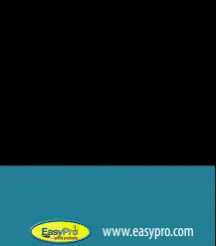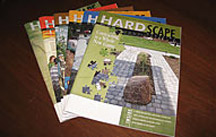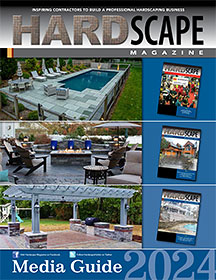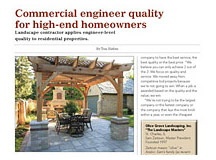Articles written by guest contributors
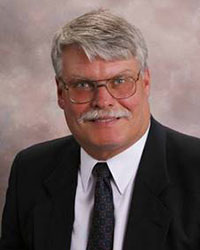
Monroe Porter
Providing exceptional customer service
By Monroe PorterCustomers may not know the technical difference between a good and bad job but they know if you show up late, are dressed unprofessionally, park in the wrong spot and do a poor job of communication. Customer service is about “how” you do things, not about “what” you technically perform.
For starters, how do you handle complaints? What’s your policy? I bet you don’t have one. If you don’t provide training with specifics on how to respond to a complaint, workers tend to wing it and make stuff up. Not a good idea. Here are some good complaint-handling practices to incorporate into a training plan for your field workers:
- Instruct them to listen. Then listen some more. Think of a bunch of balloons. If the balloons are full of hot air, they can be hard to manage. Let the air out and you can put them in your pocket. When you allow customers to “let the air out” and vent they become less emotional.
- Workers should write down what the person says. Taking notes ensures the customer is being heard. Most folks will calm down. People are more careful about what they say when records are kept. Taking notes also gives the worker something positive to do while the customer is being a jerk.
- The worker then acknowledges the customer’s concerns without admitting guilt or apologizing. “Mr. Jones, I can appreciate your concern. I will reach out to my project manager and he will get right back to you.” The worker’s role is to acknowledge the problem and then get the appropriate person to talk with the customer. Of course, experienced workers can solve simple problems but boundaries should guide them. Was the work requested included in the original contract? Is the request safe and within code?
Customer perceptions are driven by the beginning and end of an interaction. Customers remember when you arrived and how you left. It’s important to have specific and consistent company introduction and departure procedures.
For introductions, the worker should know the customer’s name. Ideally, the worker has a team shirt with their name on it. Workers should be neat and clean (should always keep an extra clean shirt in the truck). Uniforms and proper company attire brand your professionalism.
When departing, the worker should let the customer know he or she is leaving. If possible, do a walk through with the customer. This will reduce callbacks, and in many cases will offer a chance to correct something before leaving. The worker should also see if there is other work that is needed and ask if the customer wants it done while the worker is still there. Any paperwork work should be approved by the customer.
If the crew damages something or installs something wrong, they should fix it right away before the customer sees it. If it cannot be easily fixed, tell the customer about the problem. Avoiding problems only makes them worse.
Office personnel should always smile and answer the phone in a friendly manner. Frequently, the office person is busy with paperwork and the phone call is an interruption. When answering the phone, the person is “on stage” and should act accordingly. If office folks receive a complaint, they should ask the customer to hold on a second while they get something to write it down. Again, this tends to calm the customer. It may seem silly but a few role-plays can really help phone courtesies.
Any employee talking with a customer should work to build empathy. We like people who listen to us and mirror our communication style. If the customer talks rapidly and seems concerned, you should talk rapidly and seem concerned. If the customer is laid back and doesn’t say a lot, you should appear calm.
Just a little bit of training can help avoid potential problems. Don’t let the worker’s personality drive customer service. Drive service by implementing some simple procedures and training.
Check out this customer video we did 30 years ago. The same message holds true today. Visit Proofman.com/products-services/training-videos.php
Monroe Porter and PROOF Management offer business consulting through industry networking groups and he can be reached at (804) 267-1688.






